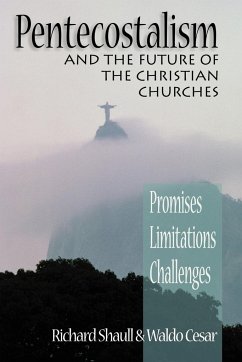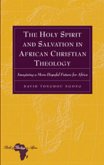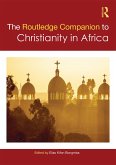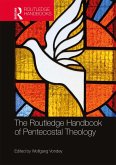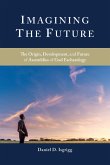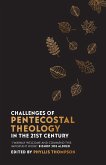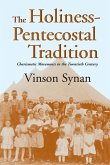In a world marked by suffering and poverty, traditional forms of Christianity have been unable to speak effectively to the experiences and needs of the poor. In the midst of this reality, Pentecostal movements have sprung up in Third World countries and are growing at a remarkable pace. This book by an American theologian and a Brazilian sociologist attempts to understand Pentecostalism as a religious movement among the poor. Bringing theological reflection in dialogue with well-documented social analysis, Shaull and Cesar show why Pentecostal movements represent the emergence of a new form of Christian faith and life in response to impoverishment and marginalization. They also explore the potential these movements hold for transforming unjust economic, social, and political structures, and they discuss what the church at large can learn from the Pentecostal experience.
Hinweis: Dieser Artikel kann nur an eine deutsche Lieferadresse ausgeliefert werden.
Hinweis: Dieser Artikel kann nur an eine deutsche Lieferadresse ausgeliefert werden.

